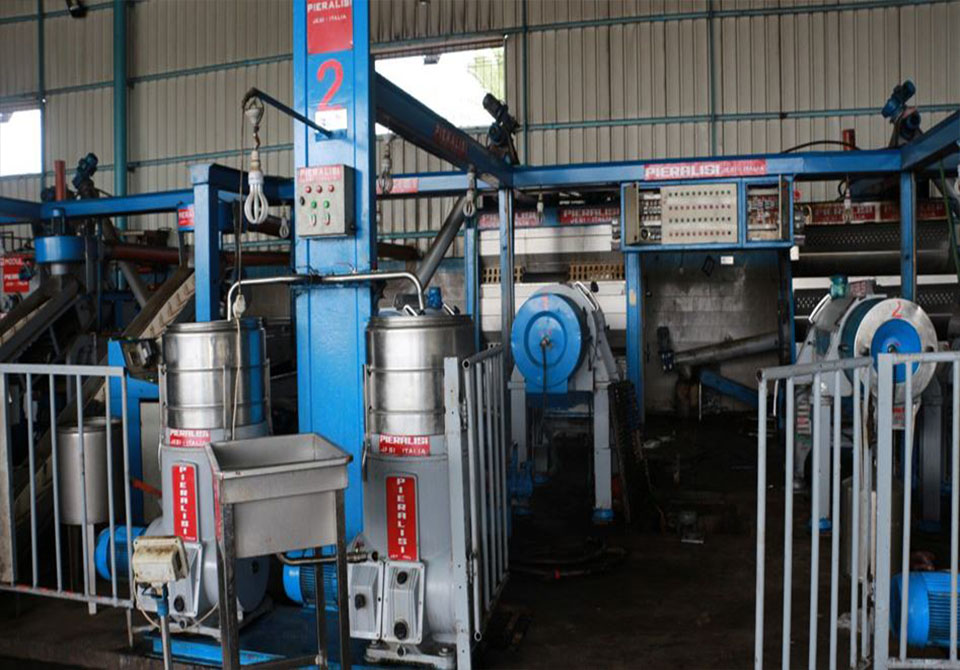Gaza olive oil season: Low production and early departure

Olive oil mills in the Gaza Strip are silent in November for the first time in history. The olive oil season usually begins in early October and lasts until early December. However, 2018 witnessed an early departure of the season
Olive oil mills have closed their doors to the few customers who came with small quantities of olives this season. The crippling blockade and deteriorating economy have added insult to injury.
The Ministry of Agriculture announced that 38,587 dunums of Gaza land were planted with olives, 31,000 of which had crops. The Ministry said that each dunum produced 580 kg of olives in 2018 because of high temperature and severe crop failure.
The Ministry estimated that olive oil mills will produce 2,100 tons of oil in 2018, while Gaza's consumption of olive oil is usually close to 4,000 tons. It added that the repeated closure of Gaza crossings has adversely affected the season.
Due to the poor olive harvest, the 29 olive oil mills scattered in the Gaza Strip have finished their work three weeks earlier.
Last day of work
After prior arrangements, the Palestinian citizen Nasr Oudeh, who owns the largest olive oil mills in the Gaza Strip, has prepared a production line to receive the last amount of olives that was delayed for the purpose of raising prices.
Nasr Oudeh said that the olive oil season of 2018 ended early due to severe crop failures amounting to 75%-80%. The prices ranged 70-90 Jordanian dinars per bottle (16 kg).
"Workers at Gaza olive oil mills refused to receive any imported oil," Oudeh told the PIC, adding that Israel's tightened blockade is a major reason for the low prices.
A ton of olives is usually pressed for 350 NIS, a price that might change a little based on supply and demand.
The Israeli occupation since 2000 has bulldozed thousands of dunums of land planted with olive trees in the Gaza Strip.
Oudeh, who has worked in the field of olive oil market for over 30 years, called for planting more and more lands with olive trees. He said that Gaza is likely to start exporting olive oil by 2020.
Silent machines
Disappointment is the case at the olive oil mill of Haj Ramadan Dalloul, a place passed from one generation to another over decades.
Ramadan Dalloul told the PIC that the olive harvest was poor this season, and that work started at his mill on 17 October but did not last for 40 days as usual.
"The crops are rich in oil but the olive harvest was poor. The past years were better," he added.
Dalloul's customers came to press their olive harvest as every year, but those who used to carry a ton of olives with them came this year with only one-quarter of the amount.
"We are 10 brothers and their children in the mill. In such days the season reaches its peak. We finished work too early. Weeks of preparation and maintenance were lost in vain. We earned nothing," Dalloul said.
During this time of the year, the air along Salah al-Din Road, the main highway of the Gaza Strip, used to be filled with the smell of freshly pressed olives, but the atmosphere is different this year.
Source: The Palestinian Information Center

WRITE YOUR COMMENT